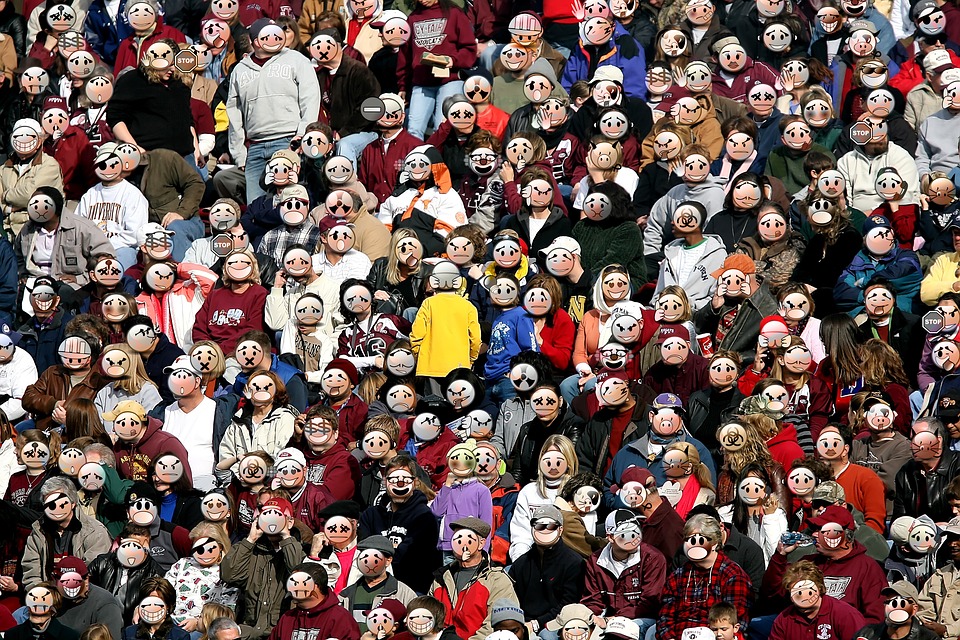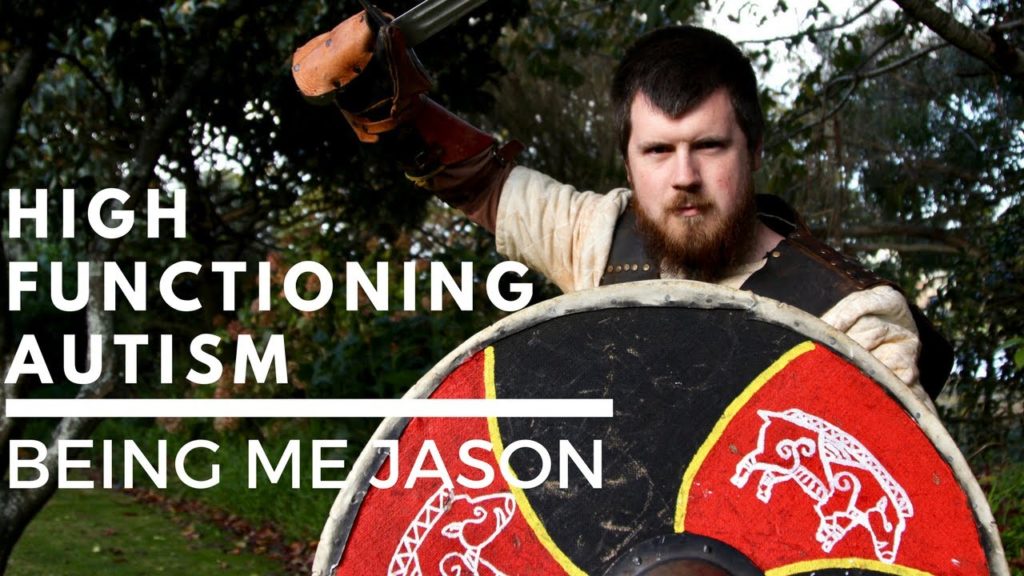There are no reliable figures for adult autism – none at all
A few days ago I began looking into the statistics regarding autism in the United Kingdom. It’s a murky world of contradiction and flat out confusion, and as I’m not a mathematician (or even that good at counting) I spent rather a long time overwhelmed by the figures. In the end I believe I made some headway in trying to determine how sizeable the autistic population probably is in this country.
My starting point was the oft-quoted claim that one in every 100 children is autistic in the UK. So that’s 1% of the child population. But this stat very often gets conflated with there being one in every 100 autistic people in the UK (roughly 700,000 people), but this statistic is based on a study that focused entirely on adults with learning disabilities, which will not, therefore, include all autistic people as not all autistic people have anything that would class officially as a ‘learning disability’ (around 50% of autistic people have no learning disability at all). So already we see that the numbers are conflicting and often based on insecure foundations – there are no reliable figures for adult autism – none at all.
However, for the sake of argument, let’s assume that the whole population has a 1% incidence rate (adults included) then that would equal roughly 650,000 autistic individuals. The trouble is, this is an assumption we can’t really make due to a massive complicating factor – gender. It is common knowledge that autism is far more frequently diagnosed in boys and men than in girls and women – five times more frequently diagnosed. This means for every one female diagnosis, there are five male. It was long believed that autism was a male issue – Baron Cohen called it “extreme male brain”, quite famously.
But this is beginning to be accepted as a myth, and nothing more: it is becoming increasingly clear that girls present autism differently, and there’s an awful lot of ignorance within the medical profession as to exactly what this presentation is. At the very least it is beginning to seem clear that girls are far more adroit at camouflaging their autistic traits than boys. So what if the ratio is more like 1:1? This would mean that an autistic population of 700,000 rockets up to 1,260,000, or 1.8%.
Read the rest of the article here




